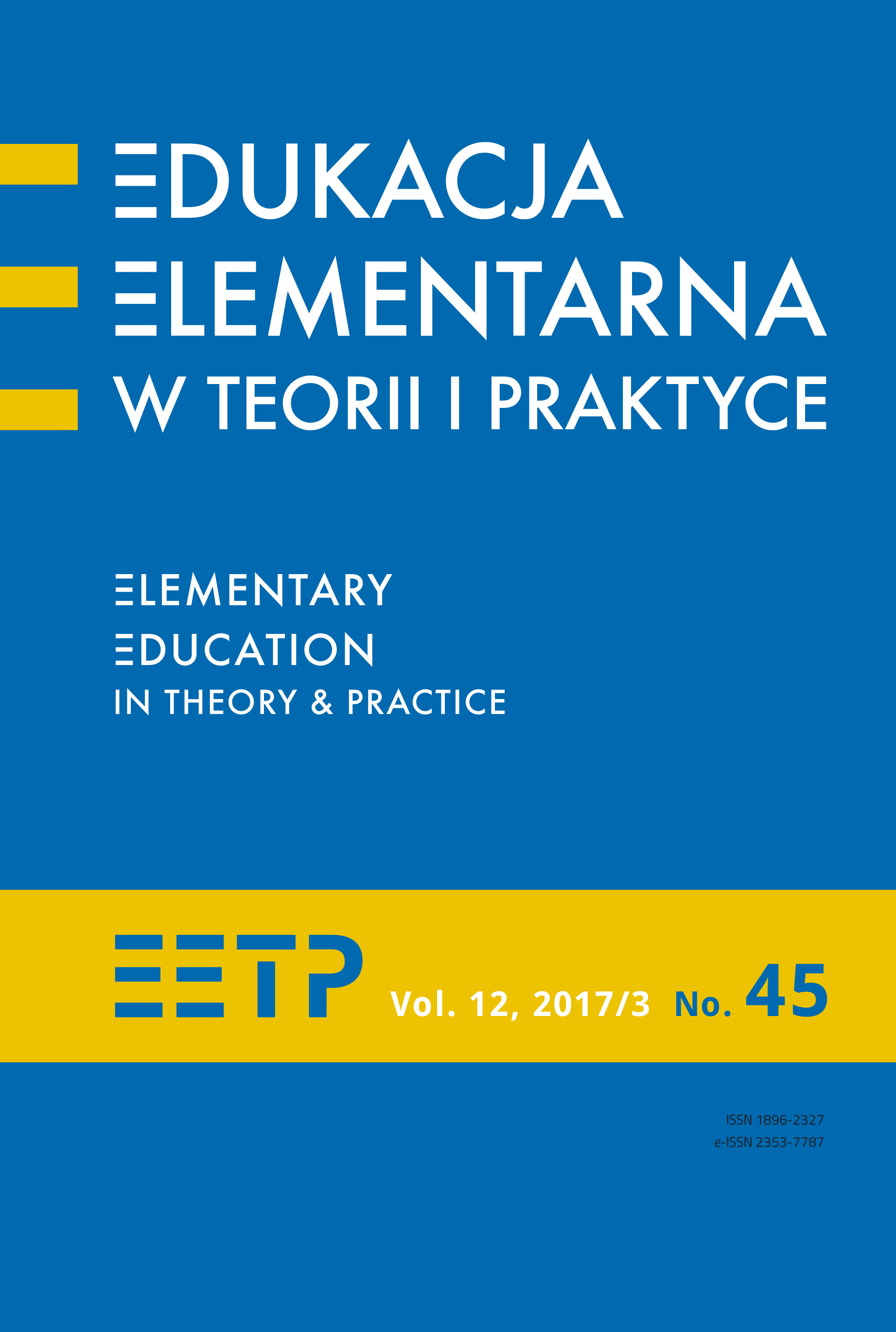Rozważania na temat aksjologii w wychowaniu literackim na przykładzie toposu królewny
Contemplation on the Subject of the Axiological Aspect of Literary Education Based on the Example of the Princess Topos
Author(s): Alicja Ungeheuer-GołąbSubject(s): Social Sciences, Language and Literature Studies, Education, School education, Theory of Literature
Published by: Uniwersytet Ignatianum w Krakowie
Keywords: literature for children; princess topos; literary education; value; theory of archetypes
Summary/Abstract: The presented article focuses on some thoughts on the subject of the axiological aspect of literary education based on the example of a traditional theme or literary convention of the princess (topos). The subject matter of the research is the figure of the princess – a children’s literature character - in her archetypal aspect seen as a typical topos of children’s fiction. Attention has been paid to attempts at raising the problem of certain values in children’s literary education. The author examines diverse perspectives concerning education (C. Freinet, M. Montessori, H. Read, J. Korczak, S. Szuman) pointing that there are many problems when it comes to the enforcement of its basic rules or assumptions. The author also accentuates an important function of carrying and presenting some values in literary education. To present this issue clearly, the important role of the archetypes and topoi of children’s literature has been emphasized. The important meaning of the axiological function of literature for children is illustrated by means of the example of the archetypical model of a hero-princess in children’s literature as a carrier of values understood especially by younger children. The author refers to the category of literature for children by Jerzy Cieślikowski, the theory of archetypes in children’s fiction by Alicja Baluch, issues of cultural anthropology (J.G. Frazer, W. Propp ) as well as to certain psychoanalytical aspects (B. Bettelheim, C. P. Estés, P. Péju). The text is of a theoretical nature and something of an introduction to further deliberation.
Journal: Edukacja Elementarna w Teorii i Praktyce
- Issue Year: 12/2017
- Issue No: 3 (45)
- Page Range: 23-37
- Page Count: 15
- Language: Polish

